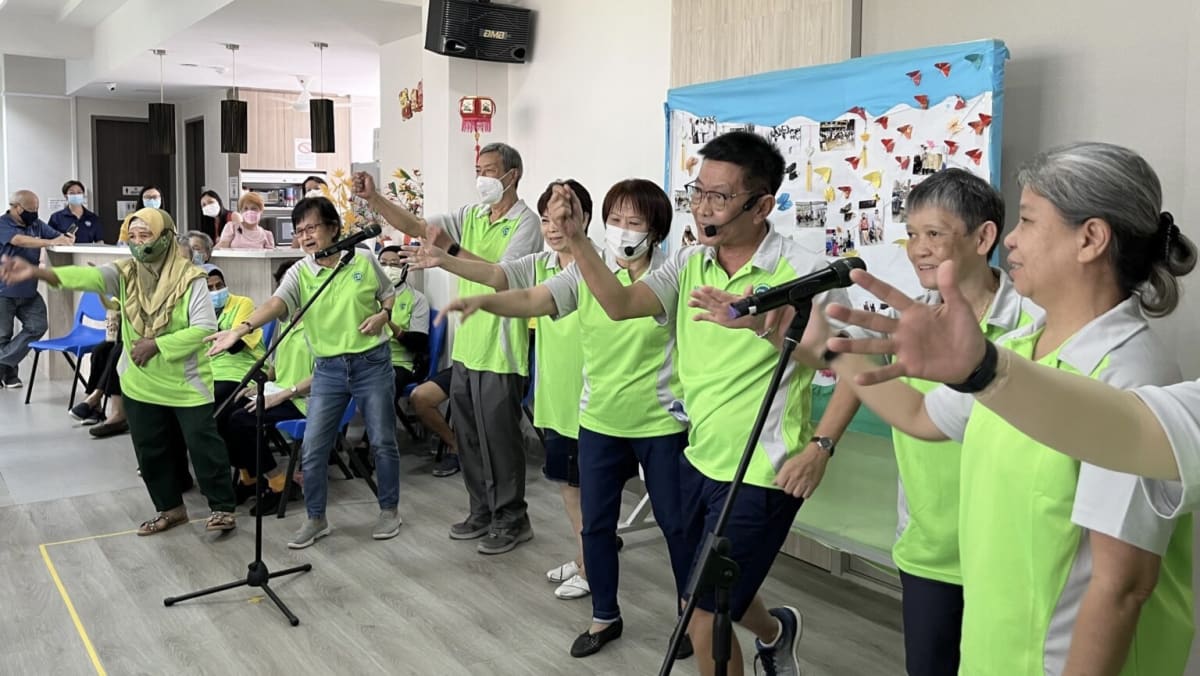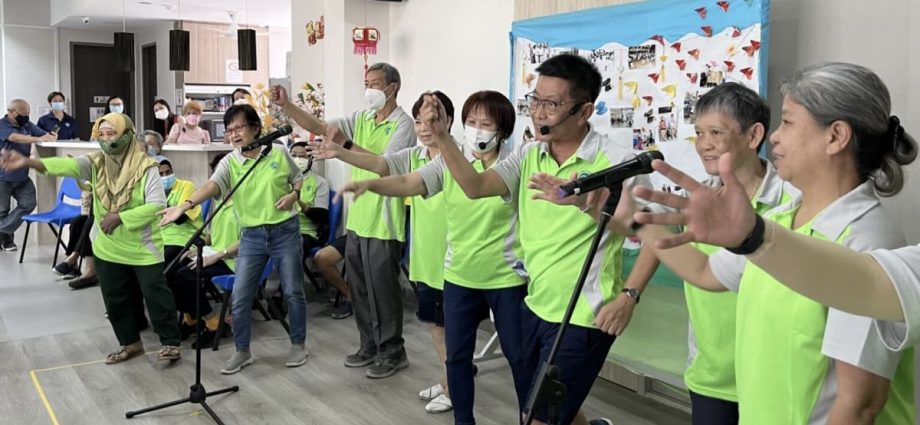
MORE SENIORS ATTENDING
Lions Befrienders has seen some success in the past year, with a 30 per cent increase in the number of seniors dropping in this year compared to last year, said Ms Wee.
She said that the seniors were more open to going to the centres when they realised that it was a national initiative following the buzz around them last year, she said.
“This is also because on the ground for the last two years, we have already done the groundwork,” she said, adding that by the time they knock on the doors of the elderly for the third or fourth time, these seniors are less apprehensive.
It was challenging initially because many seniors dismissed them, and they had an 80 per cent rejection rate, she said.
“It also came at the same time (when) we had a lot of scams, and the ‘say no to scams’ (campaigns). Then we had COVID. So, there were a lot of conflicting messages being issued In the community,” she said.
SERVING MORE SENIORS
The role of the centres has changed from 2021, following new guidelines from the Ministry of Health, Ms Wee added.
Before May 2021, the centres were catering mostly to those living in rental flats, with each centre taking care of three to four blocks. However, they now cater to seniors based on geographical boundaries, and across flat types, expanding the reach of each centre to 35 to 40 blocks.
Previously, about three staff would serve 300 seniors. Now, the same number of staff serve about 4,000 seniors.
“For that scale, we need a lot of manpower, meaning two types – paid and volunteer, free. So we look at where the free resources can be. And we realised, it was very good seniors can step up to lead or to support their peers,” she said.
“There are 1 million of them out there. We only need 10 per cent of them to step up to support the other seniors.”
NEED FOR CREATIVE PROGRAMMES
She added that the profile of elderly they serve has also changed.
“The profile of seniors now is more educated, more demanding, more knowledgeable and also very used to having choices,” she said.
To cater to the diverse group and keep them returning, the programmes they develop must be exciting, creative and innovative, she said.

